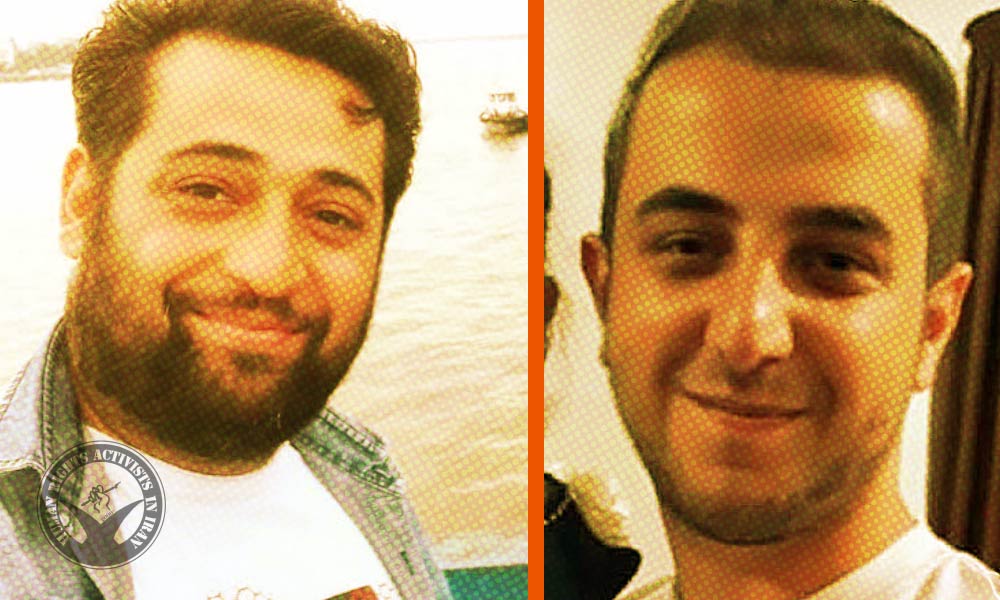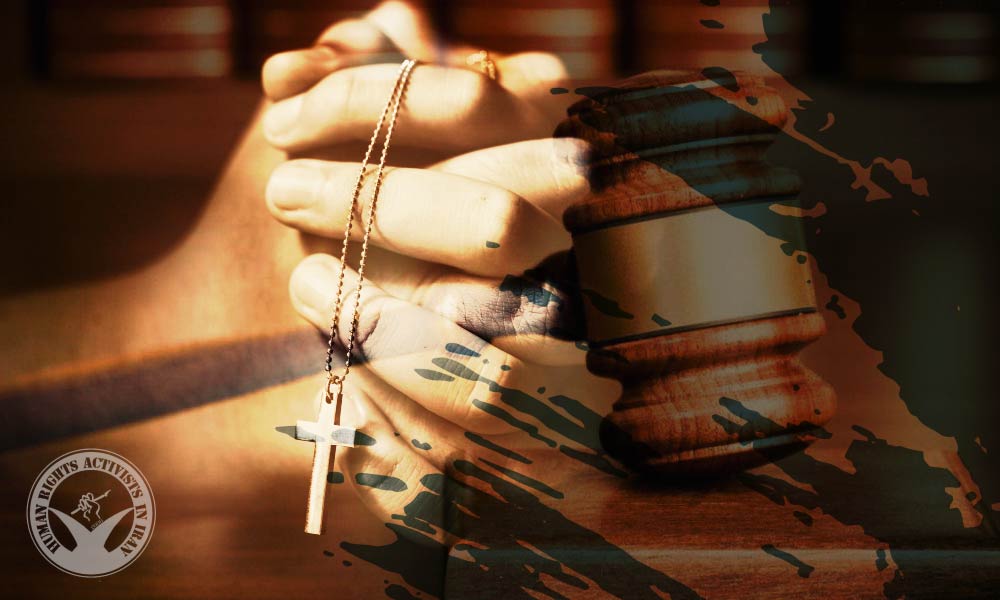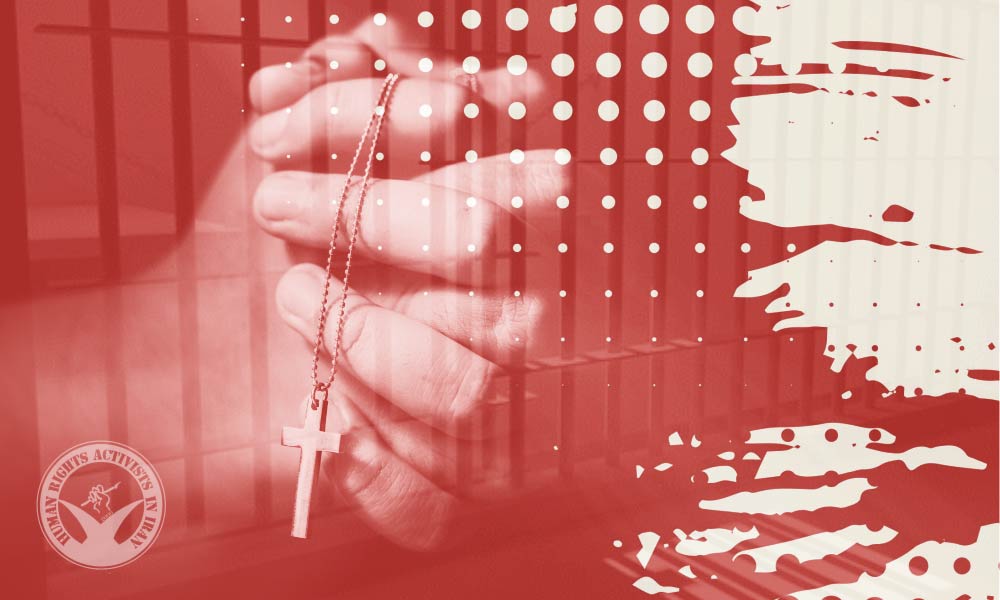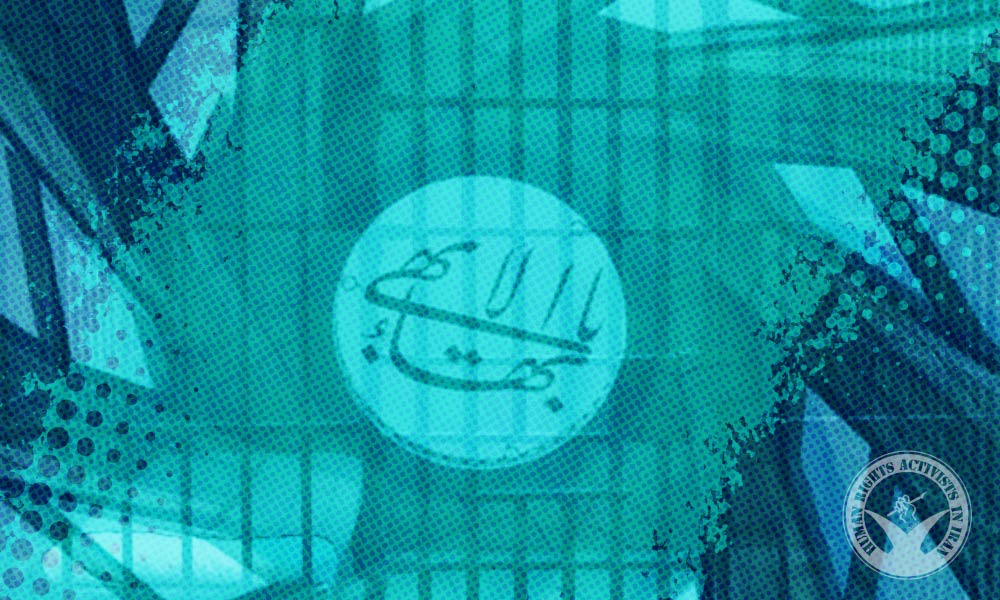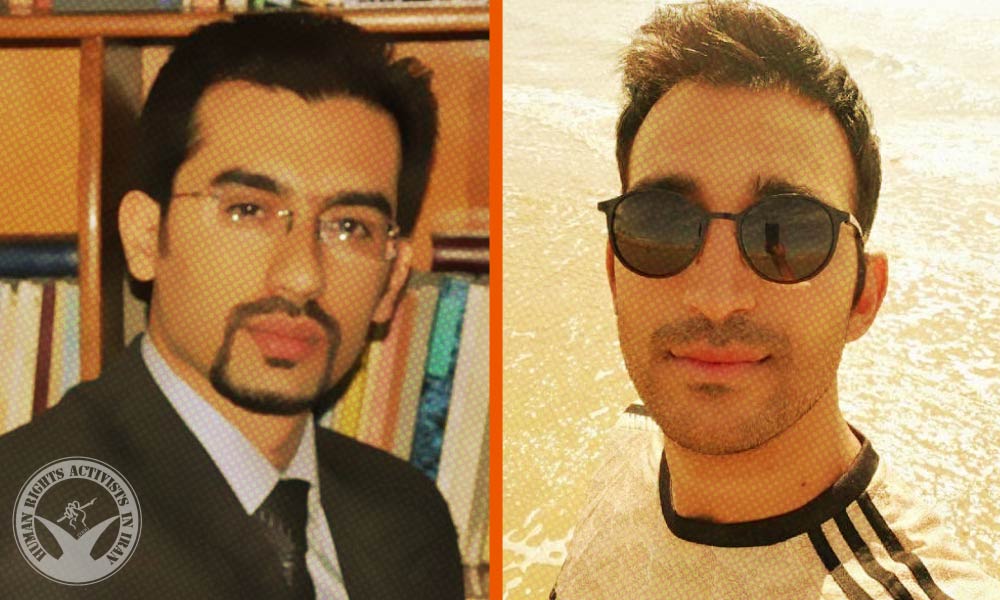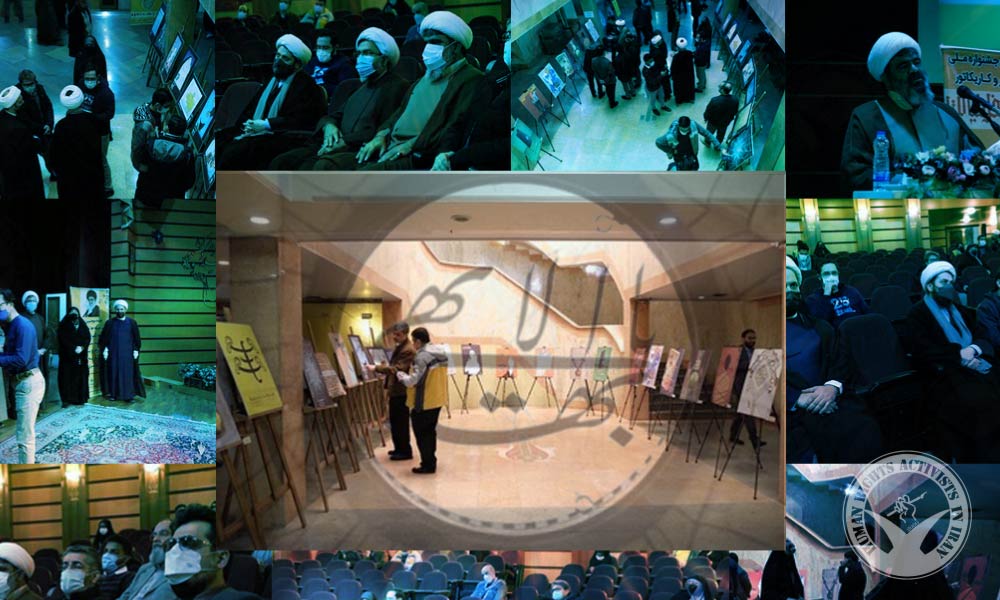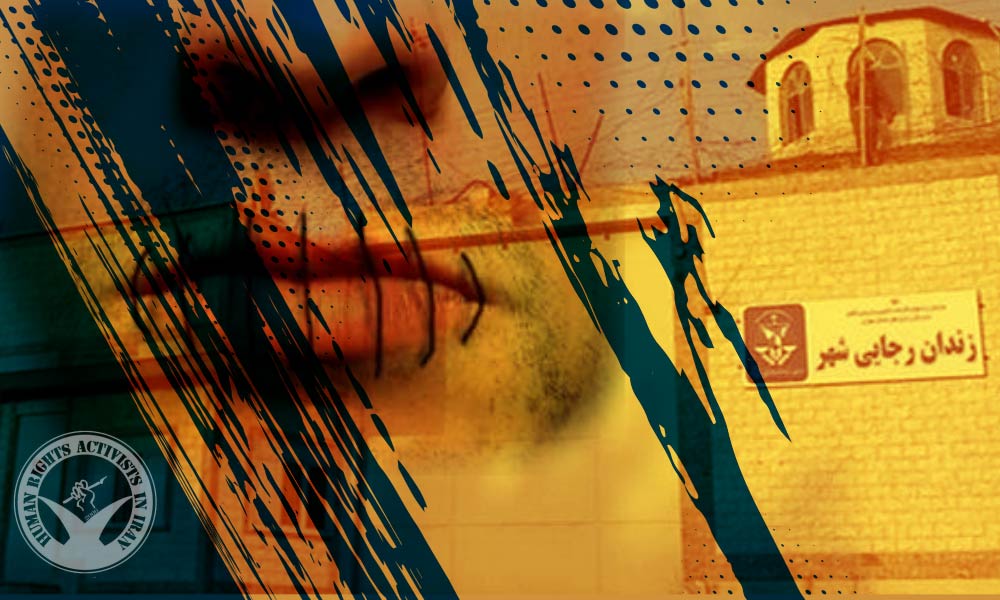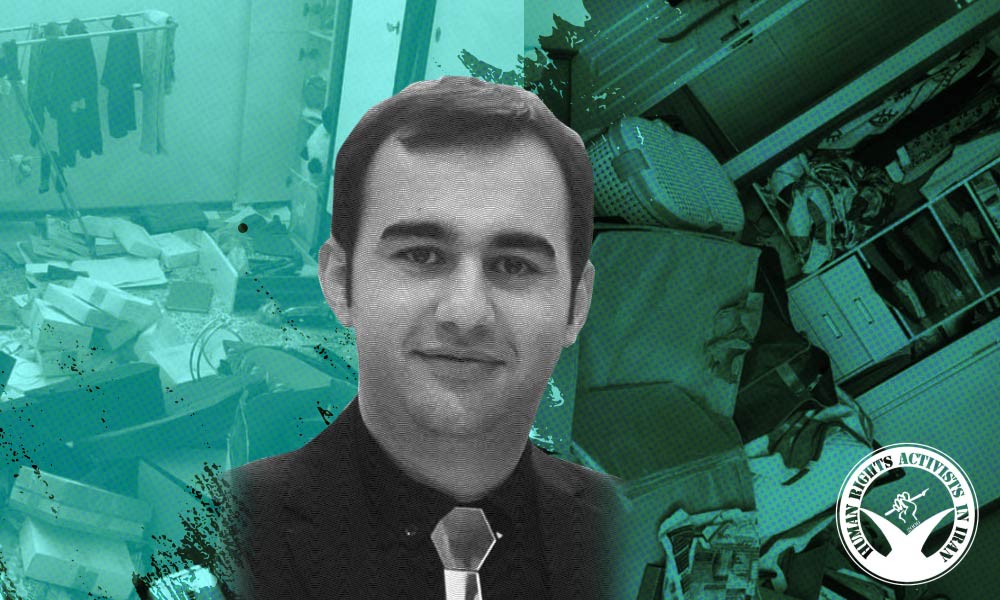On Wednesday, February 9, 2022, two Christian converts, Behnam Akhlaghi and Babak Hosseinzadeh, were summoned by Branch 3 of Evin Prosecutor’s Office in regards to a new legal case opened against them.
According to HRANA, the news agency of Human Rights Activists, Akhlaghi and Hosseinzadeh were asked to appear at the court within 5 days.
On February 23, 2019, they were arrested during a home church gathering in Rasht City. Security forces searched Akhlaghi’s house and confiscated some of his personal belongings. According to an informed source, during the search, the agents broke and damaged objects associated with the Christian faith.
After 12 days of interrogation in a security detention centre in Rasht City, they were transferred to Rasht Prison. On March 18, 2019, they were released on bail of 150 million tomans until the end of legal proceedings.
On July 24, 2019, the first trial was held by Branch 28 of the Revolutionary Court of Tehran. During the court session, the judge increased the bail up to 1.5 billion tomans. Since they could not afford to provide the increased bail, they were detained and sent to Ward No 4 of Evin Prison.
Ultimately, they each were sentenced to five years imprisonment on the charge of “acting against national security and promotion of evangelical Christianity and Zionism”. This verdict was upheld by Branch 36 of the Court of Appeal of Tehran.
Subsequently, their request for a retrial was accepted in Branch 28 of the Supreme Court based on the argument that preaching Christianity and promoting Zionism at home cannot be related to the charge of assembly and collusion in purpose to disturb national security. Therefore, the Supreme Court delivered the case to Branch 34 of the Revolutionary Court which will be held on February 22 of this year.
However, recently a new legal case has been opened against them for which they have been summoned by Evin Prosecutor’s Office.
Despite the fact that Christians are recognized as a religious minority under Iranian law, security forces nevertheless harass and prosecute Muslims who convert to Christianity.
The prosecution of Christian converts stands in blatant violation of Article 18 of the Universal Declaration of Human Rights and Article 18 of the International Covenant on Civil and Political Rights, which state that every individual has the right to freedom of religion and belief and freedom to express it openly or secretly.



